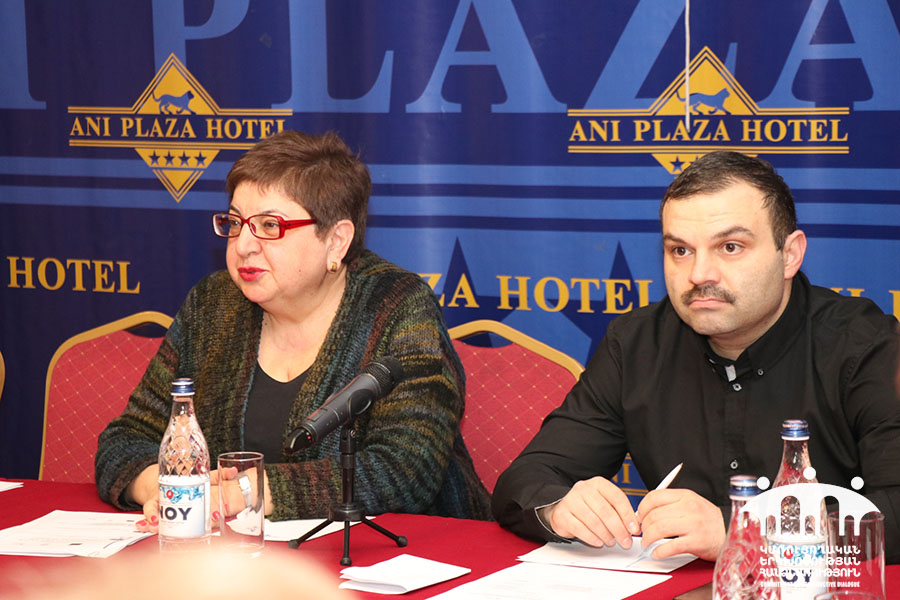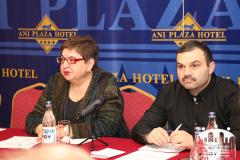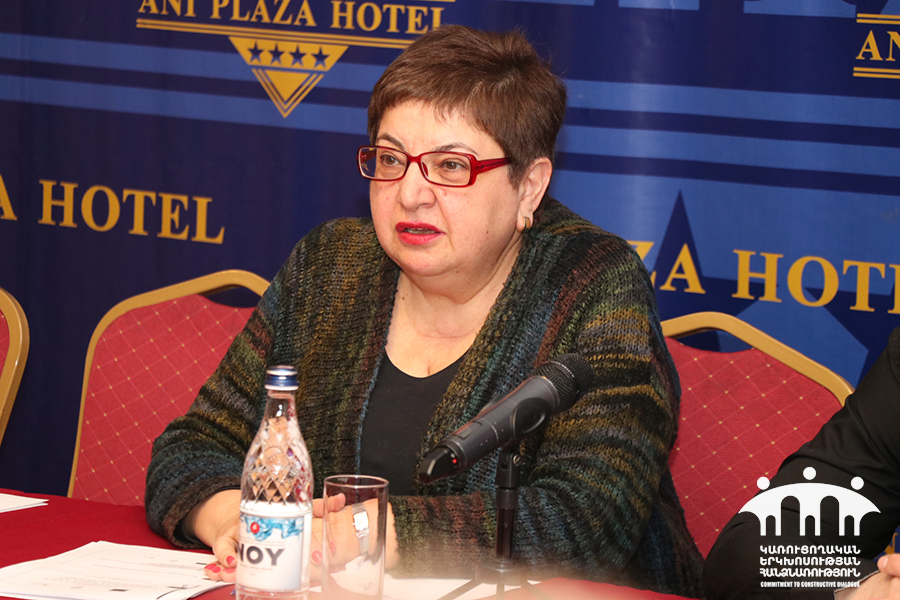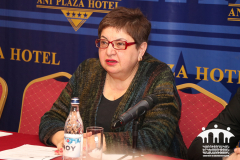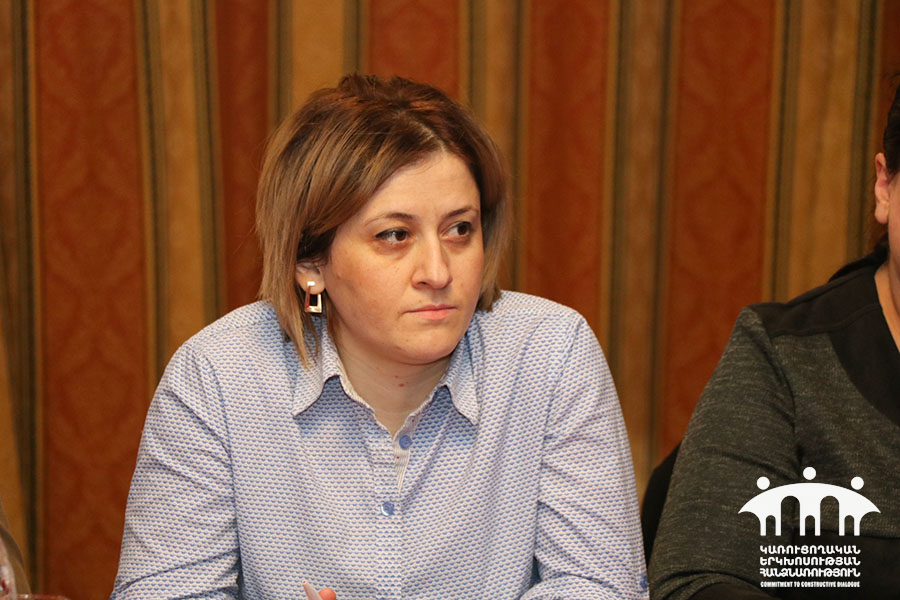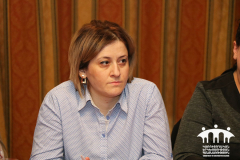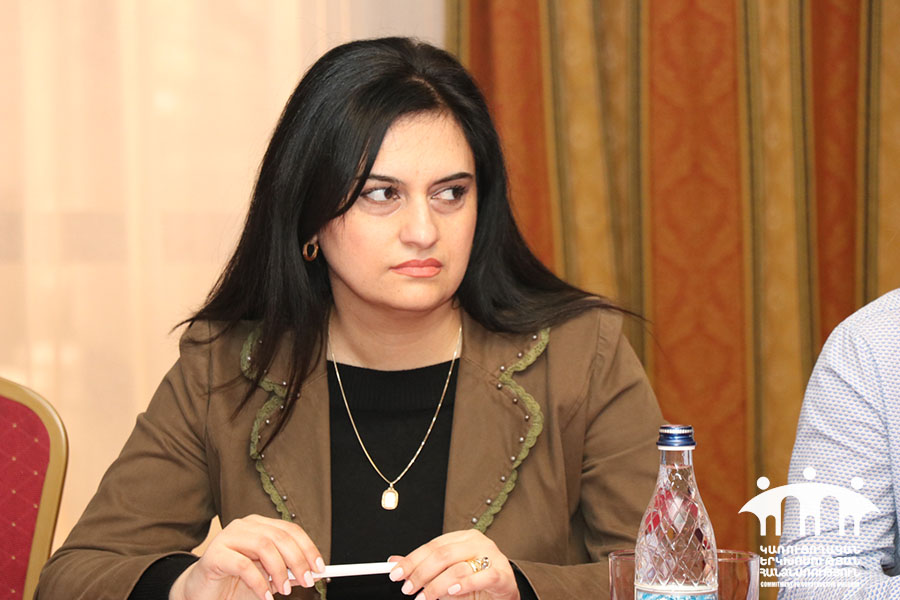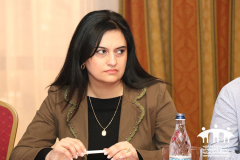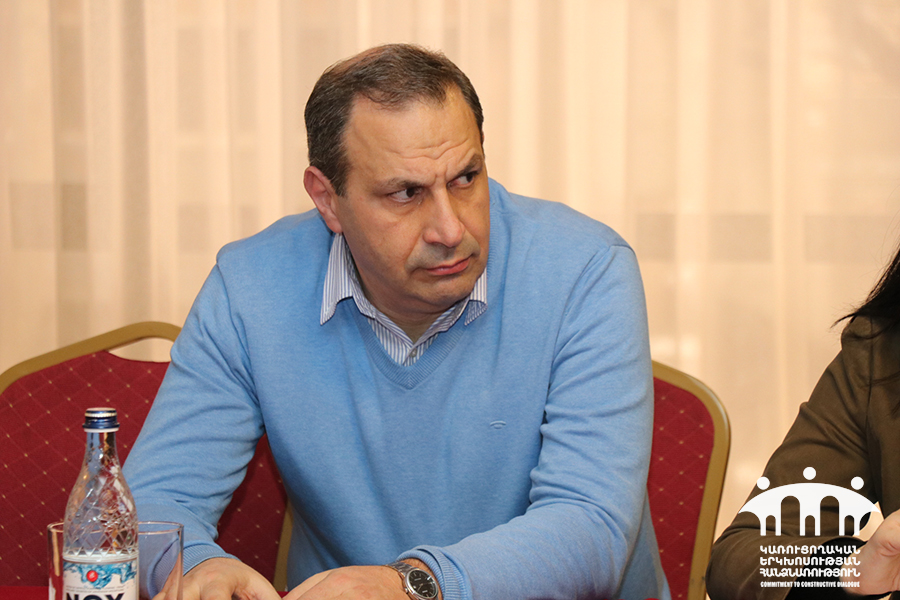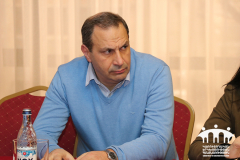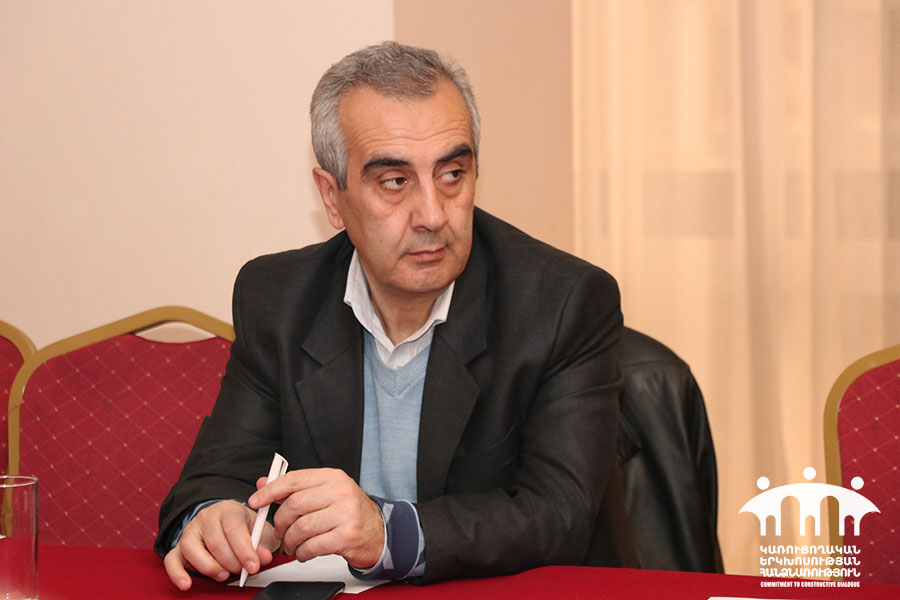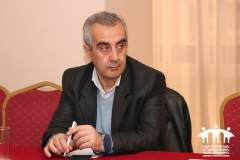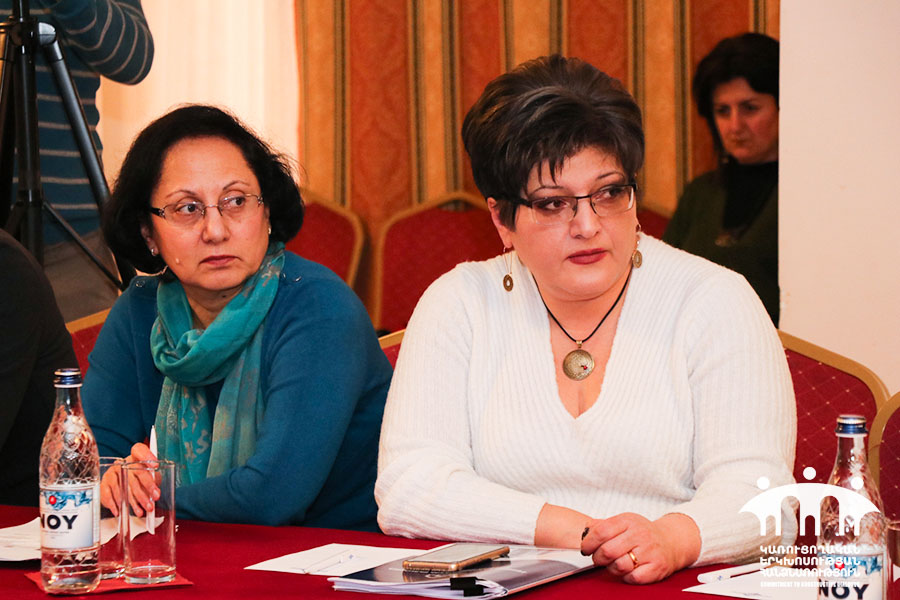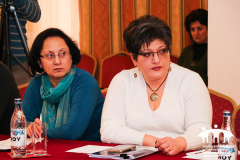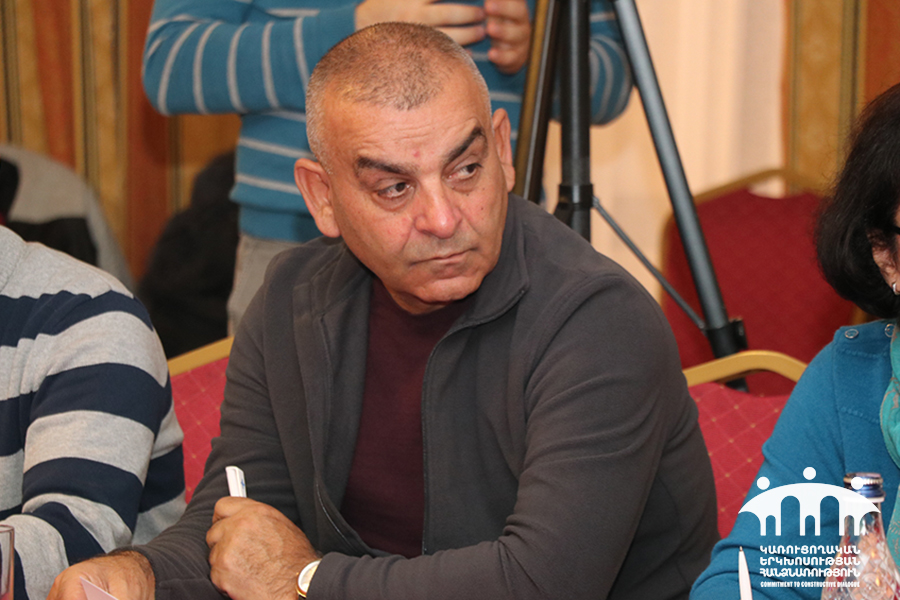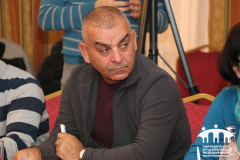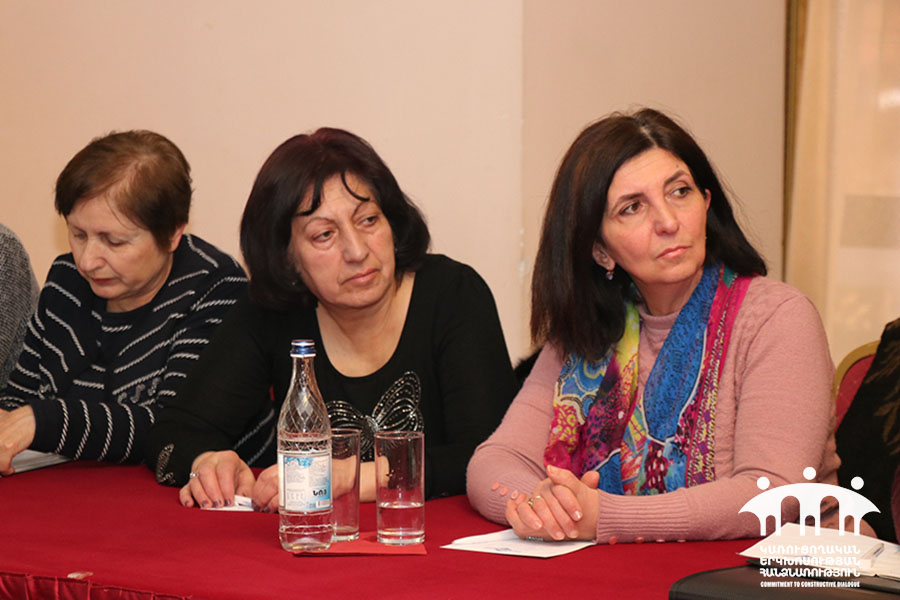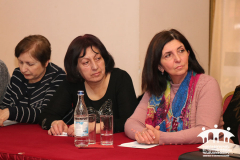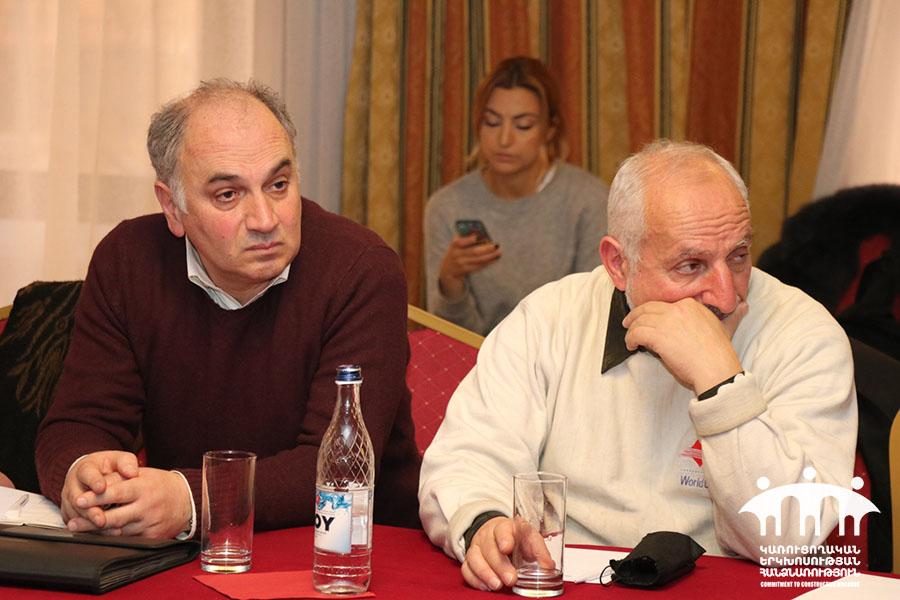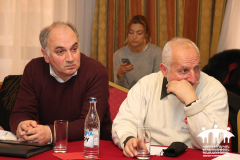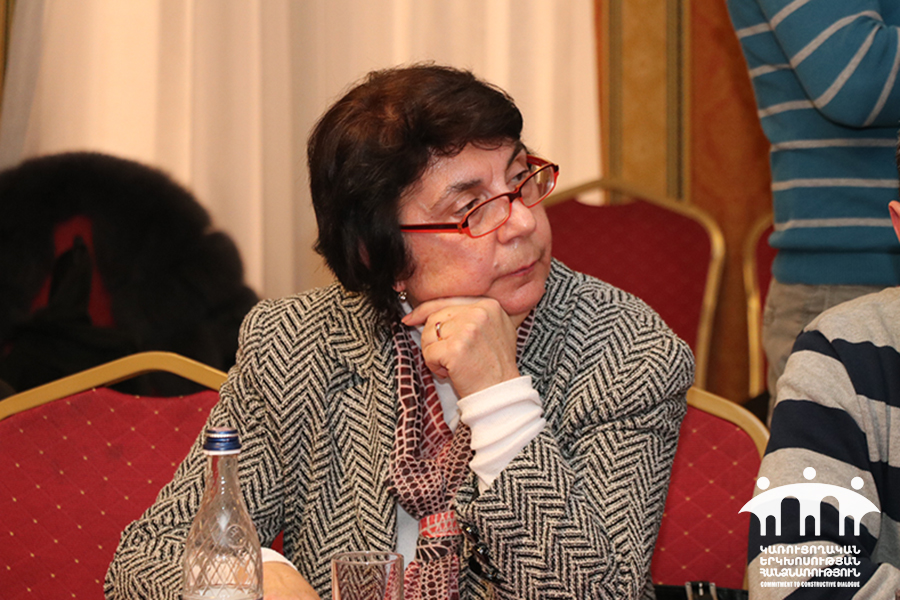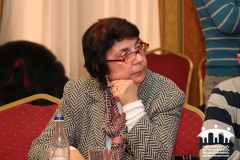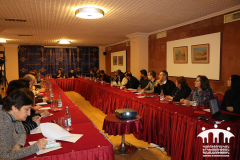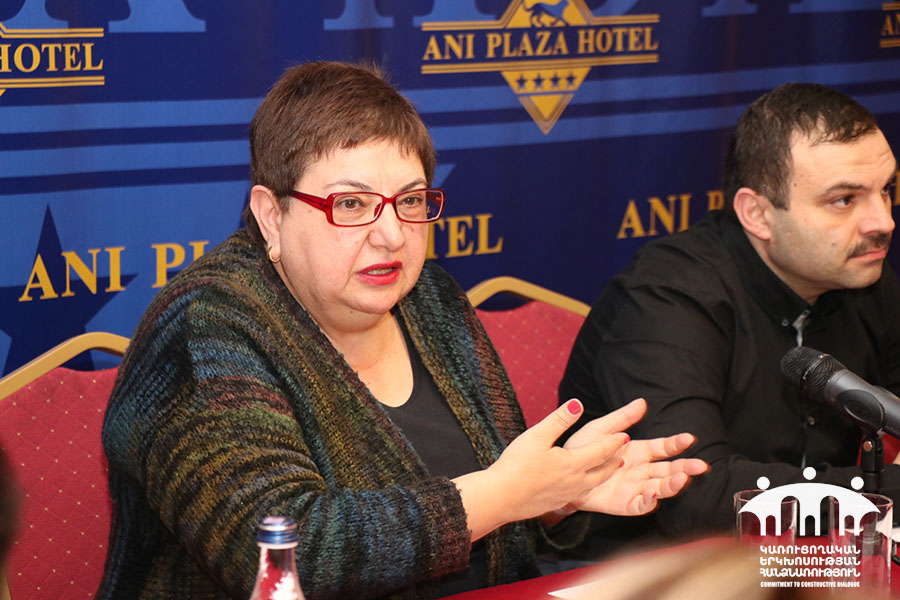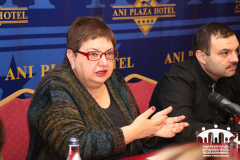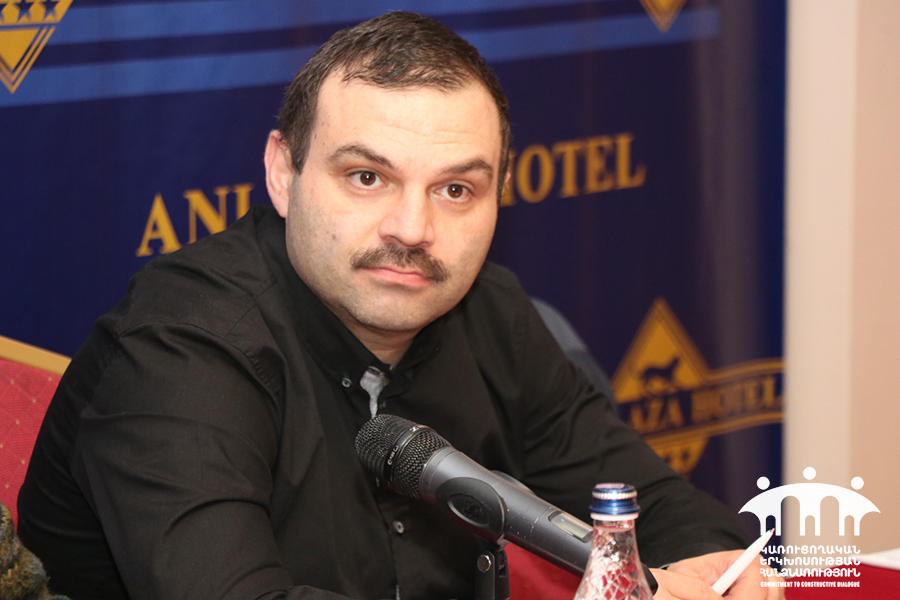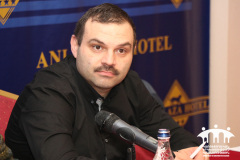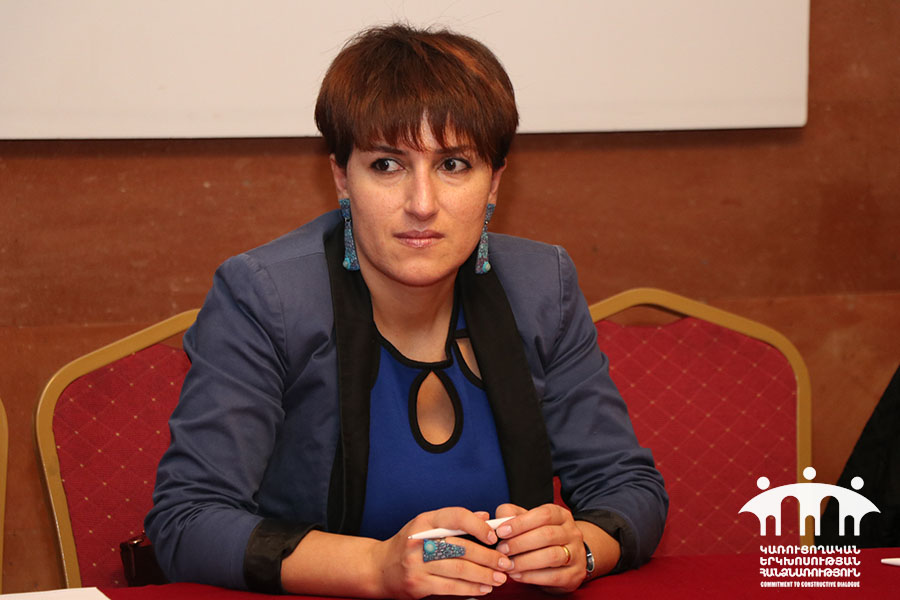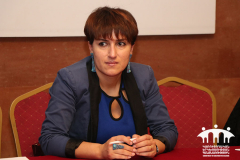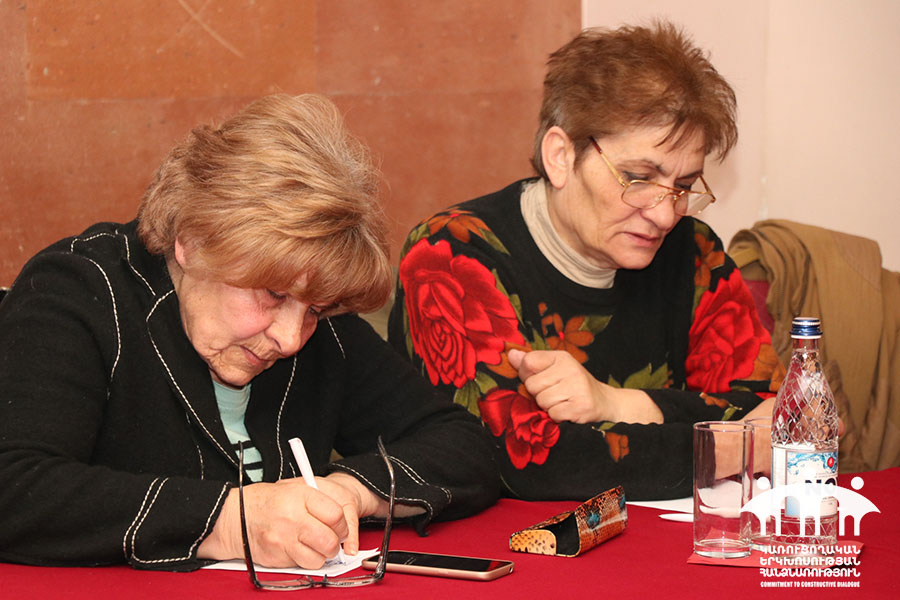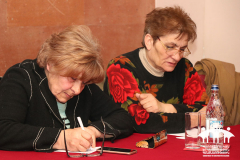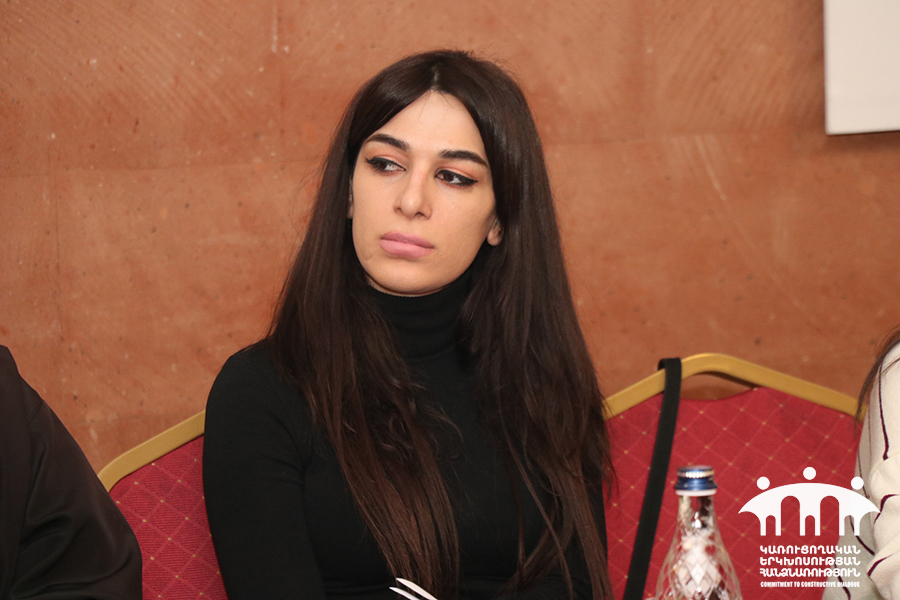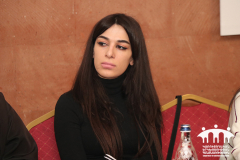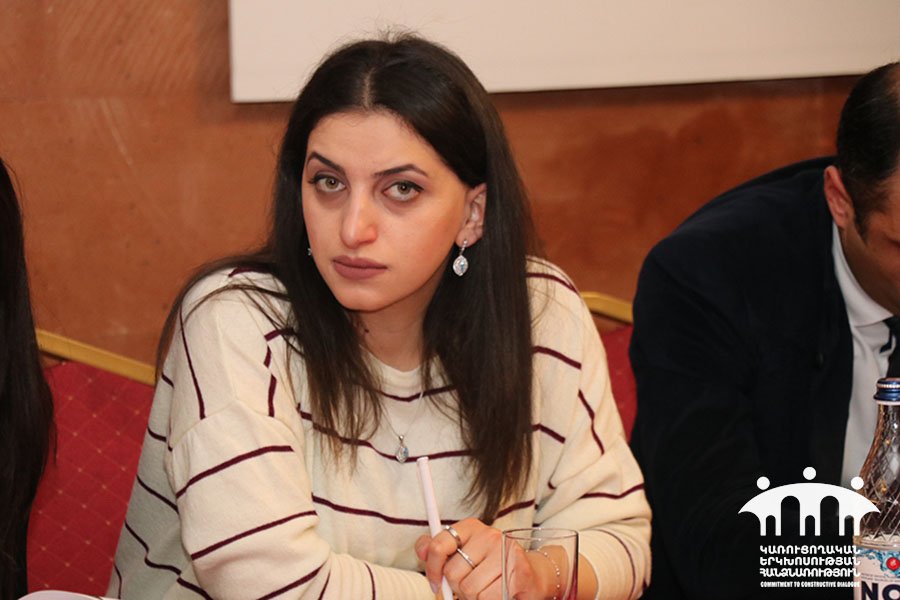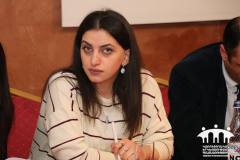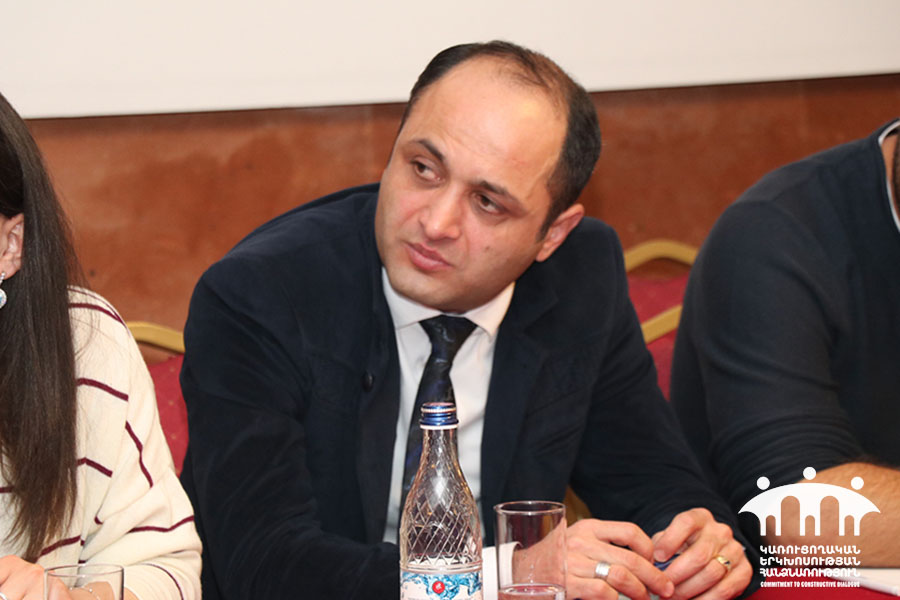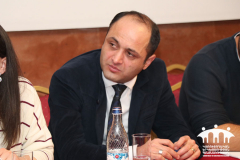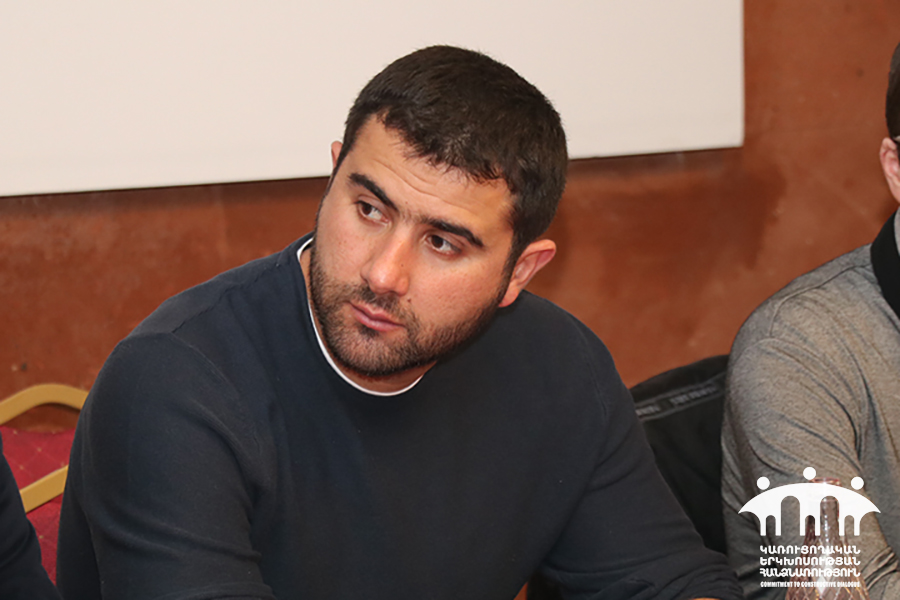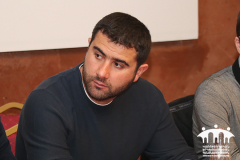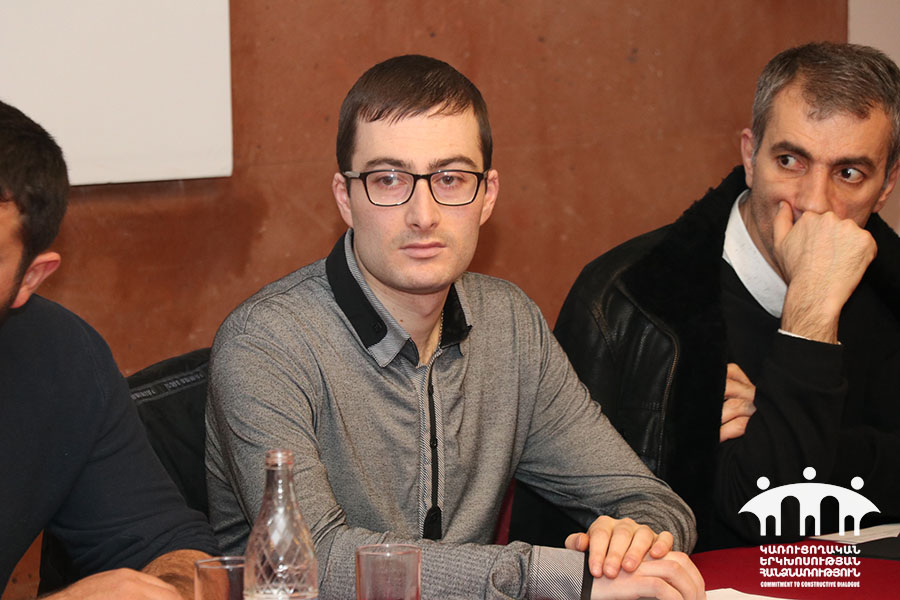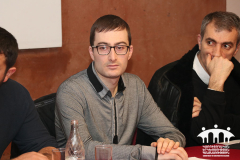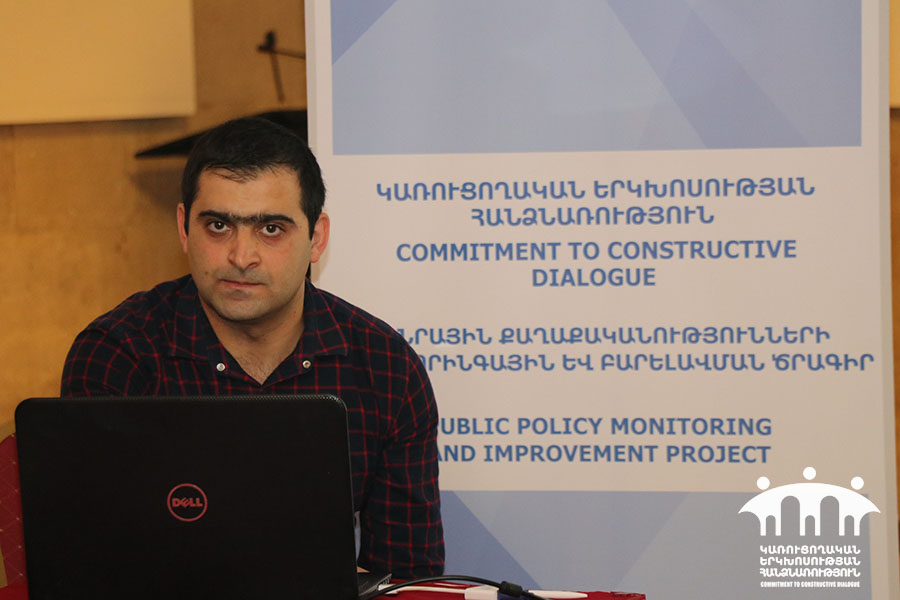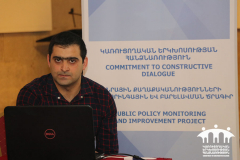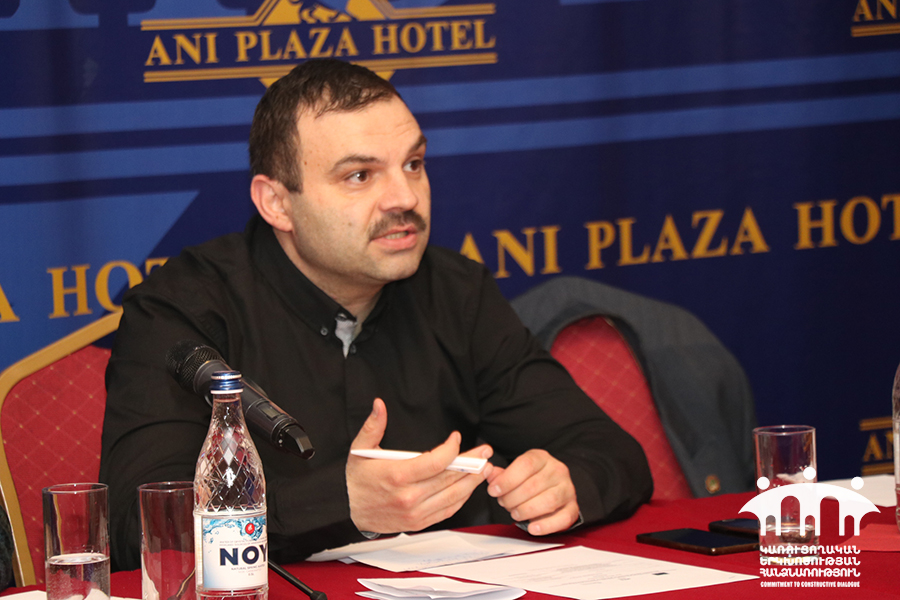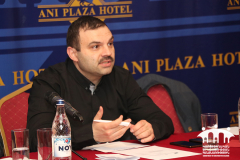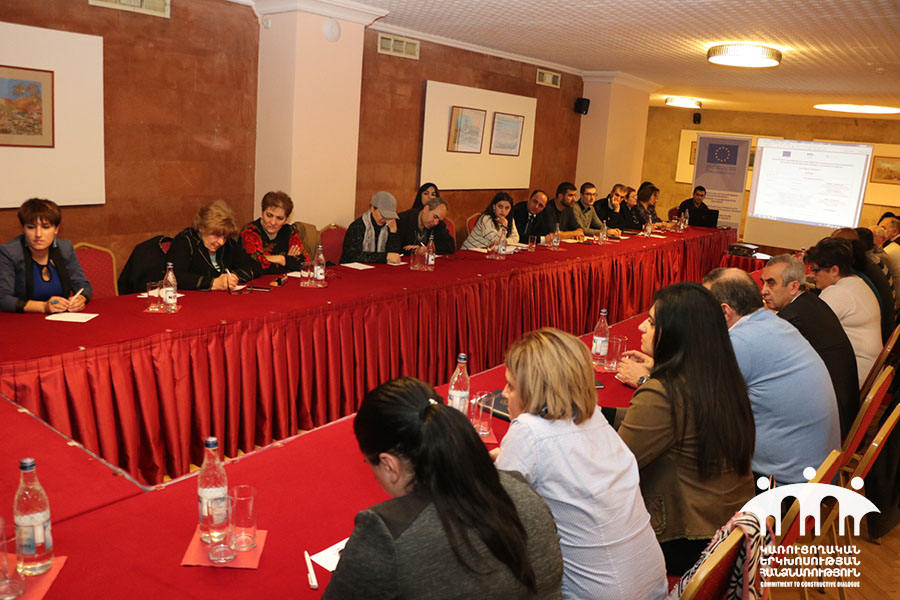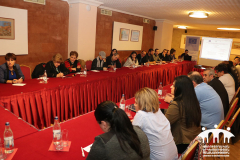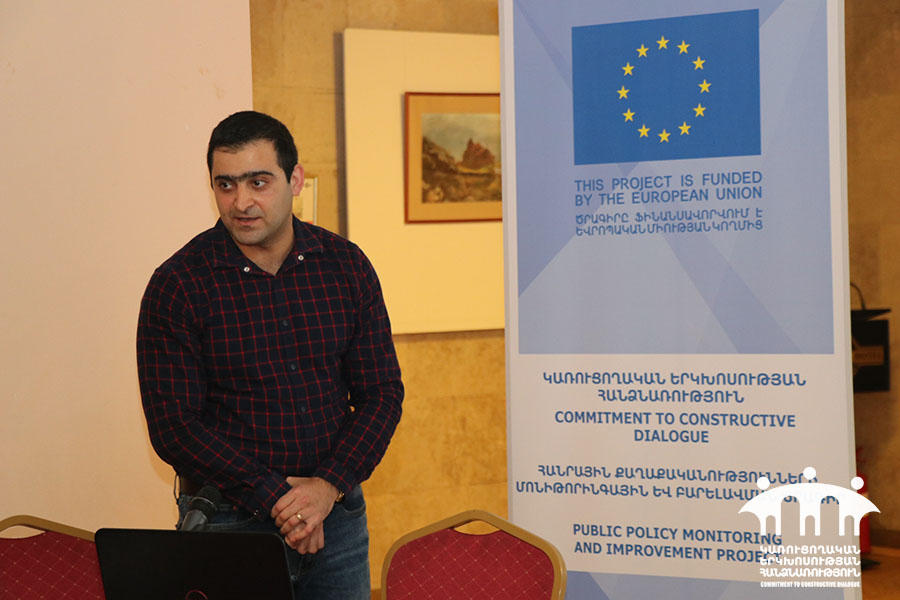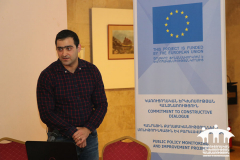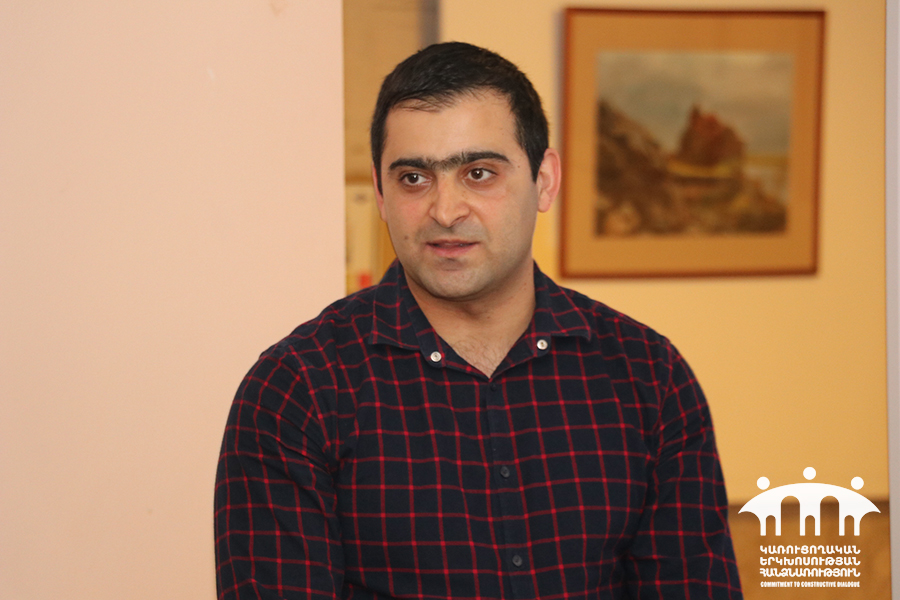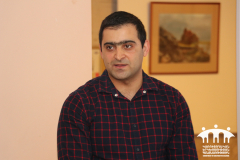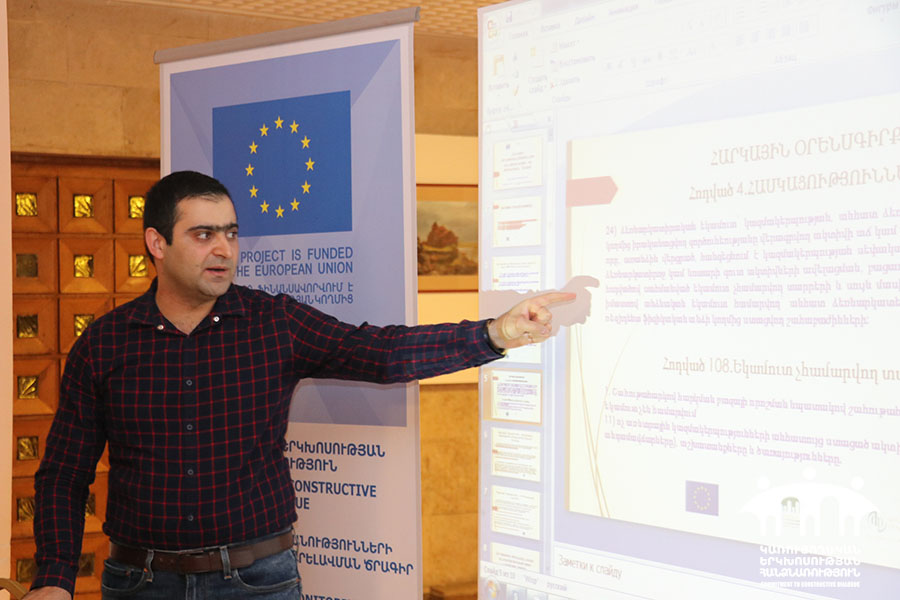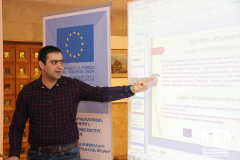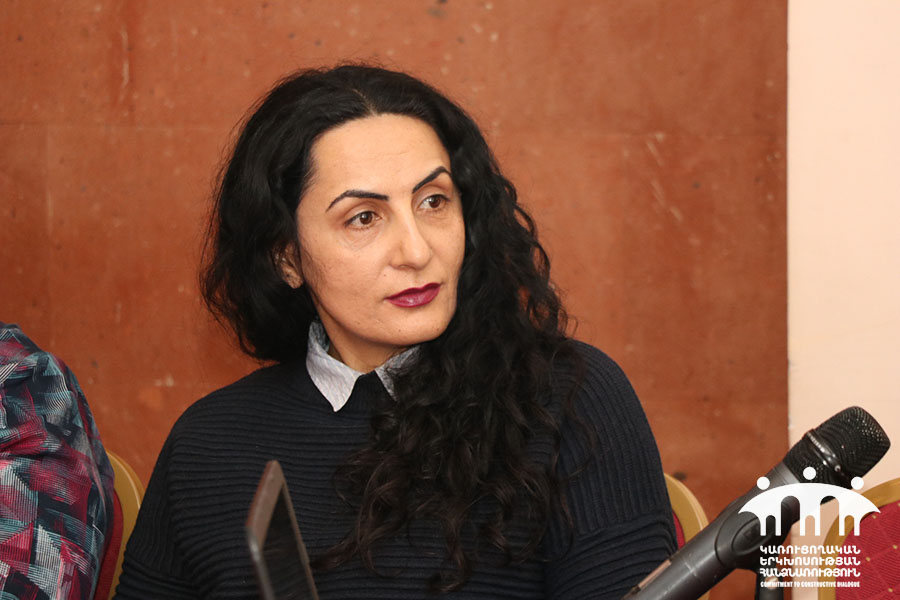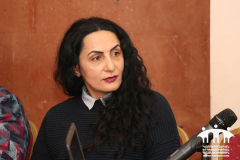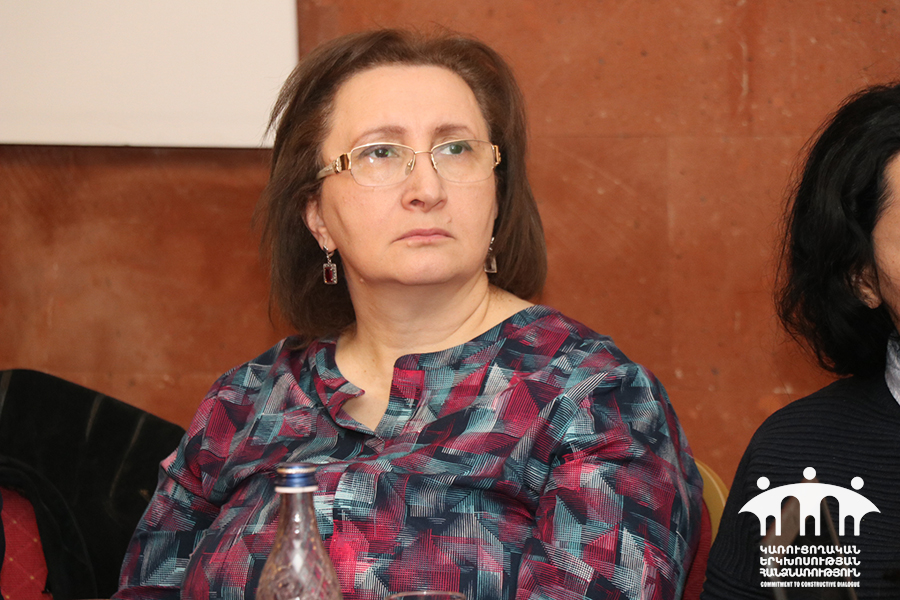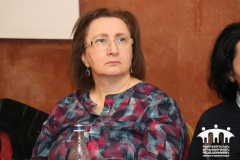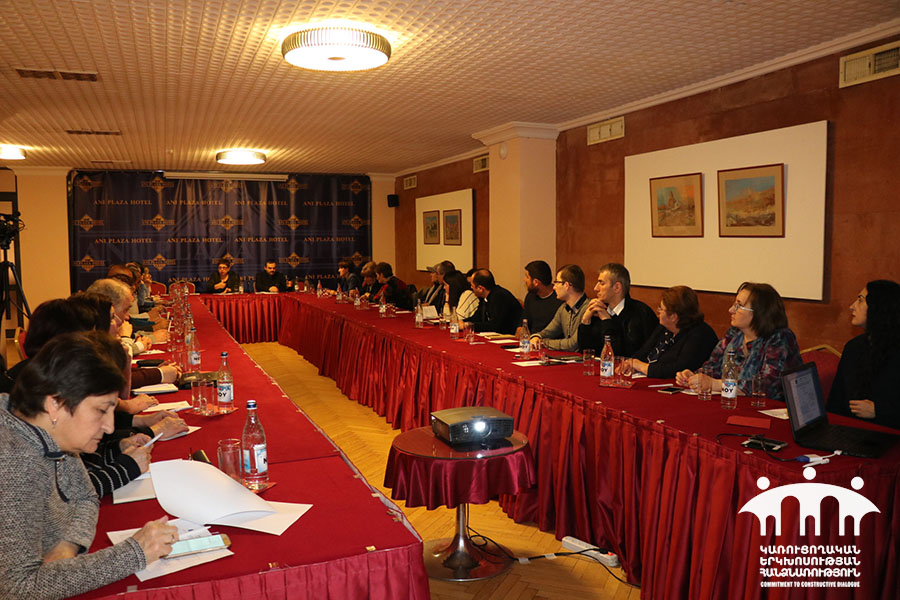
On February 27, a round-table discussion on the issues of tax policy development and improvement of administration was held within the framework of the “Public Policy Monitoring and Improvement” sub-grant project implemented in the scope of the EU-funded “Commitment to Constructive Dialogue” Project.
Ms Anahit Ghazanchyan, representative of the “Development Principles” NGO and “Public Policy Monitoring and Improvement” Project Manager, in her welcoming speech said that the program would be a continuation of the way that their organisation had passed.
“This project is aimed at discussing how NGOs can collect all the problems and concerns that exist and then offer some solutions to the government to improve it, i.e., both the current policies and the policies that would be implemented, as well as conduct control and monitoring,” she said.
Anahit Ghazanchyan expressed hope that at the end of the discussion, real results would be recorded, which would enable to make the voice of civil society heard.
Mr. Marat Atovmyan, Mentors Group Coordinator of the “Commitment to Constructive Dialogue” Project, presented the project, pointing out that the core of the project is the establishment of a constructive dialogue between the government, the community, and the public.
“Obviously, no cooperation can be achieved without joint work. Even if the state comes with good initiatives which do not receive public support or public participation, then it would be very difficult for the government to implement it. The public can constantly raise concerns about certain issues, always apply to the state bodies to organise events, discussions and actions, but if the government does not want to solve these problems through its respective bodies, then the civil society will not be able to solve the problems,” Marat Atovmyan said.
Mr. Armen Petrosyan, project expert, presented the potential tax risks arising from non-commercial activities of public organisations.
He mentioned that first of all it is necessary to work out a solution for the acceptable definition of the term “grant” in the Tax Code. Additionally, fixing the distinguishing features of services/work and grants is also needed.
“What does the service mean? Performance of an action by one person in favour of another person (including partial compensation or compensation in case of grants or subsidies) or gratuitous. The biggest problem arose just in the connection with this formulation, as there was no such formulation in the former Law on Value Added Tax, and provision of service was provided with compensation or partial compensation. That is, there was no provision for compensation, through grants or otherwise. When the provision came into force on 1 January 2018, there was a problem because most government officials insisted that grants were considered as providing services and must be subject to taxation. Many non-governmental organisations claimed that grant was not considered a compensation for providing services, on the contrary, they are considered to be gratuitous funds, for example, membership fees,” Armen Petrosyan noted,
Armen Petrosyan also presented the problems related to the possibility of revising specific taxation systems (in particular, in the system of turnover tax), revision of the income tax calculation peculiarities.
The “Commitment to Constructive Dialogue” project is implemented with the financial support of the European Union by a Consortium of civil society organisations, which are the Armenian Lawyers’ Association (lead organisation), Agora Central Europe (NGO based in the Czech Republic), the Armenian Centre for Democratic Education-CIVITAS, the International Centre for Human Development, the SME Cooperation Association and the Union of Communities of Armenia.
The project aims to enhance the influence of civil society organisations (CSOs) and CSO coalitions/networks on public policies in Armenia. This will allow organisations that are already working in sectoral coalitions to access additional resources, new groups of civil society experts to come together and encourage place their causes on the local and national policy agenda, to identify common concerns and priorities and approach government bodies with constructive and strategic policy engagement initiatives.
The project has provided sub-grants to 9 CSO coalitions that will be directed to the development of public policies and will have tangible results in the 9 target sectors selected within the project, which are: Justice, Human Rights, Public Finance Management, Business, Education, Social Sector (social inclusion of children with disabilities), Agriculture, Economy and Energy.


